February 4, 2025 | 13:45 GMT +7
February 4, 2025 | 13:45 GMT +7
Hotline: 0913.378.918
February 4, 2025 | 13:45 GMT +7
Hotline: 0913.378.918
While significant progress has been made in the process of intellectualizing farmers in Vietnam, the starting point for Vietnamese farmers remains relatively low compared to many other countries, which continues to pose challenges for the modernization of agricultural production in the country.
Dr. Tran Minh Hai, Vice President of the School of Public Policy and Rural Development (Ministry of Agriculture and Rural Development), pointed to Thailand as a notable example. In the province of Chanthaburi, there is a durian cooperative with over 5.300 members that has fully transitioned to organic farming practices. In this cooperative, farmers are unable to find any chemical fertilizers or pesticides, as the entire production process adheres to organic standards. This remarkable achievement is the result of years of efforts to raise farmers' awareness and provide consistent support in terms of training, technical knowledge and market access.
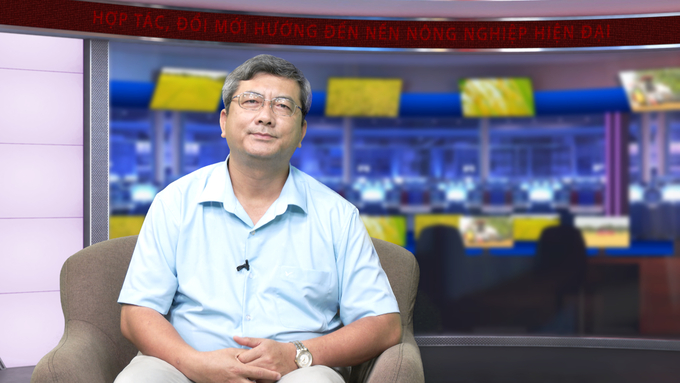
Dr. Tran Minh Hai, Vice President of the School of Public Policy and Rural Development (Ministry of Agriculture and Rural Development), shared solutions for effectively implementing the intellectualization of farmers. Photo: Kim Anh.
At the same time, the intellectualization of farmers has been incorporated into various policies, including Resolution No. 19-NQ/TW, issued on June 16, 2022, by the Party Central Committee. This resolution outlines strategies for developing agriculture, farmers and rural areas until 2030, with a vision extending to 2045. Despite the policy's strong emphasis on intellectualizing farmers, the pace and effectiveness of its implementation at the local level are highly uneven. While some provinces have quickly adopted and executed the strategies, others have only created plans without any substantial progress. A significant reason for this disparity lies in the limited financial resources available to support these initiatives.
Moreover, many of the training programs are concentrated in the final months of the year, which places a heavy burden on both the organizers and the farmers. This training schedule makes it difficult for farmers to absorb a large amount of new information all at once.
"In advanced countries, training and knowledge transfer to farmers are spread throughout the year, with different topics addressed depending on the season. For instance, during the dry season and the rainy season, there are specific subjects tailored to the needs of the farmers at that time. They offer a wide variety of training topics", Dr. Hai noted.
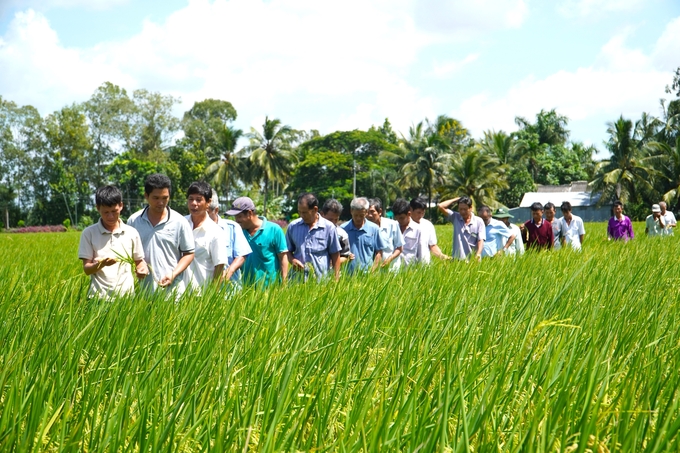
Encouraging farmers to join collective economic organizations not only helps them share experiences but also improves production efficiency. Photo: Kim Anh.
Another challenge lies in the relatively low level of participation of Vietnamese farmers in collective economic organizations such as cooperatives and cooperative groups. On average, each cooperative in Vietnam consists of around 200 members, with those in the Mekong Delta being even smaller, averaging just about 80 members. In contrast, in Thailand, each cooperative includes approximately 1.500 farming households and in Japan, this number can reach as high as 14.500 members per cooperative.
The participation of farmers in collective organizations plays a crucial role in improving both the sharing of knowledge and practical experiences and the efficiency of agricultural production. By connecting farmers within such networks, they can create stronger, more sustainable production chains.
Dr. Tran Minh Hai emphasizes that intellectualizing farmers is not a quick fix but rather a long-term process that requires continuous effort, perseverance, and adequate investment. This journey toward transforming the agricultural sector involves a combination of support from various levels of government and a fundamental shift in the mindset of farmers themselves.
Furthermore, training programs aimed at improving farmers' skills must be carefully planned and spread out throughout the year, ensuring that they are aligned with the farming calendar. One effective method could be to select exemplary farmers as "leaders" within their communities - individuals who can guide and inspire others by sharing their knowledge and experiences.
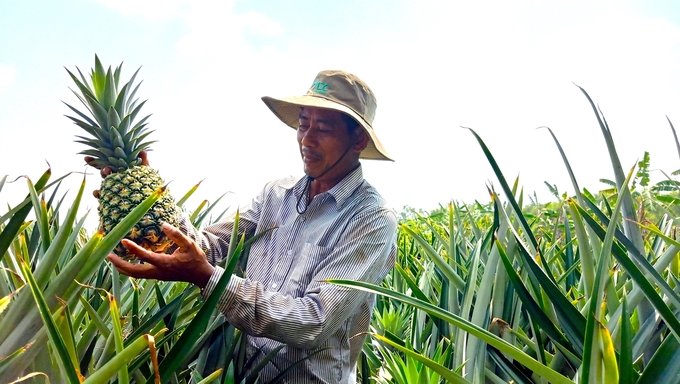
Intellectualizing farmers is a long journey that requires persistence and should be properly invested in. Photo: Kim Anh.
In order to support the Ministry of Agriculture and Rural Development and local authorities in the process of intellectualizing farmers, the School of Public Policy and Rural Development has established a dedicated training center for farmers. This center plays a crucial role in organizing a series of weekly online discussion forums, where a wide range of practical and relevant topics are covered. These include subjects such as the use of organic fertilizers, managing blood pressure, and preventing respiratory diseases issues.
In addition to the online programs, the school trains approximately 12.000 to 15.000 individuals each year, with around 50% of the trainees being farmers from different provinces across the country.
Furthermore, as part of its role in advising the Ministry of Agriculture and Rural Development on policy development, the school also produces and distributes specialized training materials tailored to the needs of specific farmer groups. These materials are designed to enhance farmers' skills in both agricultural production and management.
Translated by Phuong Linh

(VAN) US president says he will hit Canada, Mexico, China and EU with levies as he targets major trading partners.

(VAN) A research study of bird flu viruses in cattle has shown that the H5N1 strain does not pose an increased threat to humans.
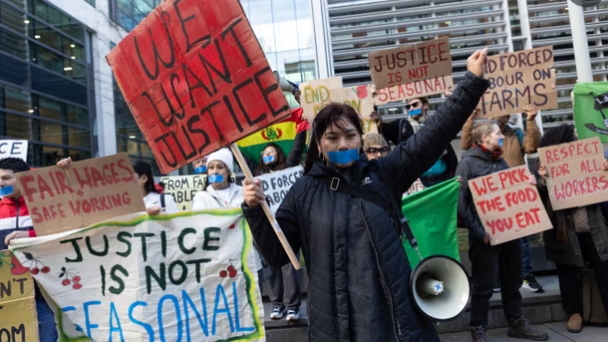
(VAN) In two actions, migrant workers claim exploitation while farmers demonstrate against inheritance tax plan.
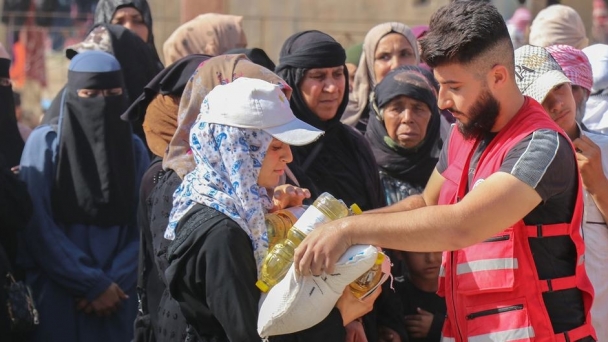
(VAN) From FAO Regional Office for Near East and North Africa.
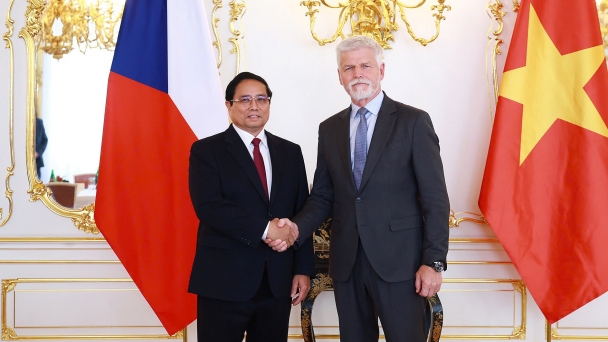
(VAN) President of the Czech Republic Petr Pavel affirmed his support for the EC to consider lifting the IUU 'yellow card' on Vietnam's seafood exports.
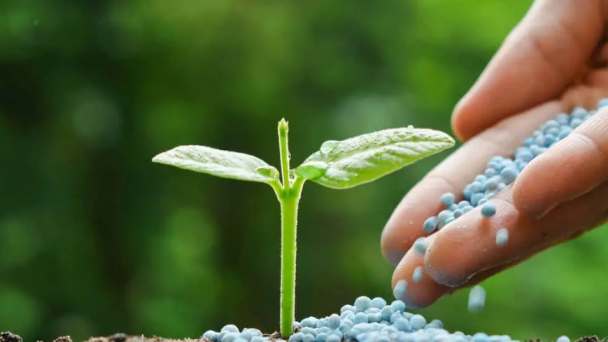
(VAN) Discover how a genetic mutation in plants enhances partnerships with soil microbes, reducing fertilizer use and boosting sustainable farming practices.
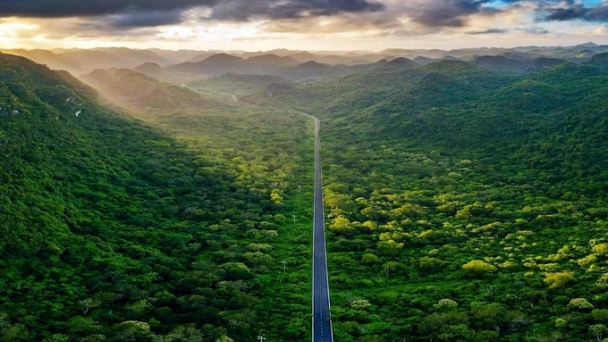
(VAN) This is the result after 5 years of implementing the project, which was carried out by the Ministry of Natural Resources and Environment in collaboration with the United Nations Development Programme (UNDP).